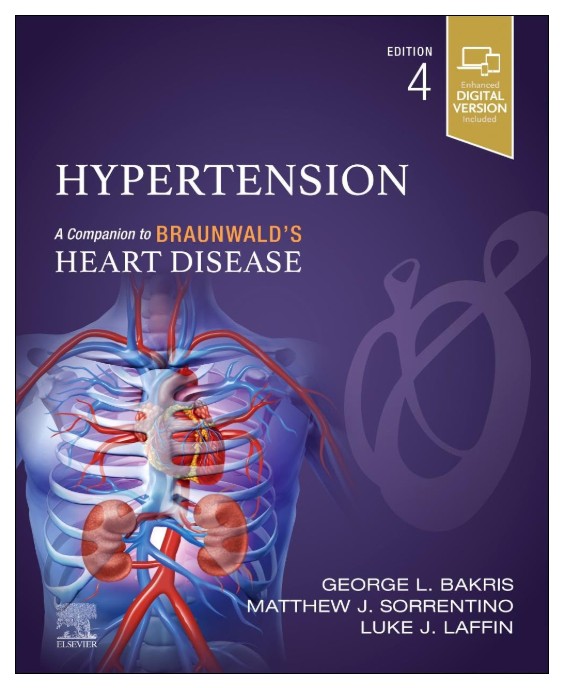Loxen, also known as Nifedipine, is a popular medication used to manage and treat angina pectoris. Angina is a condition characterized by chest pain or discomfort due to coronary heart disease. It occurs when the heart muscle doesn’t get as much blood as it needs, often resulting in chest pain. Loxen plays a crucial role in the treatment of this condition, offering several benefits but also requiring careful consideration for its appropriate use.
Loxen belongs to a class of drugs known as calcium channel blockers (CCBs). These medications work by relaxing and widening blood vessels, which increases the supply of blood and oxygen to the heart while reducing its workload. By doing so, Loxen helps alleviate symptoms of angina such as chest pain or discomfort.
One of the significant benefits of Loxen is its effectiveness in managing chronic stable angina and variant (Prinzmetal’s) angina. It has proven beneficial in reducing the frequency of episodes and increasing exercise tolerance in patients with these conditions. Moreover, Loxen can also be used prophylactically before physical activities that could potentially trigger anginal attacks.
Another advantage is that Loxen can be administered orally, making it convenient for long-term use. Its extended-release formulations allow for controlled release of the medication over time, providing consistent symptom management throughout the day.
Despite these benefits, there are several considerations when using Loxen for angina treatment. First, it’s essential to note that while Loxen can control angina, it doesn’t cure coronary artery disease or prevent heart attacks entirely.
Additionally, like all medications, Loxen can cause side effects. Some common ones include headache, dizziness or lightheadedness due to lowered blood pressure. More severe side effects may include swelling in your ankles or feet (edema), shortness of breath or an unusually fast or slow heartbeat.
Another crucial consideration is that Loxen interacts with several other medications. Therefore, patients should always inform their healthcare provider about any other drugs they are taking, including over-the-counter medicines, vitamins, and herbal supplements.
Furthermore, certain patient populations need to exercise caution when using Loxen. These include the elderly, who may be more sensitive to its effects, and those with liver disease who may require dosage adjustments.
In conclusion, Loxen plays a vital role in managing angina pectoris. It offers numerous benefits like increased exercise tolerance and reduced frequency of anginal episodes. However, it’s essential to use this medication under the careful supervision of a healthcare provider due to potential side effects and drug interactions. As with any treatment plan, individual patient circumstances and overall health must be taken into account to ensure optimal outcomes.



